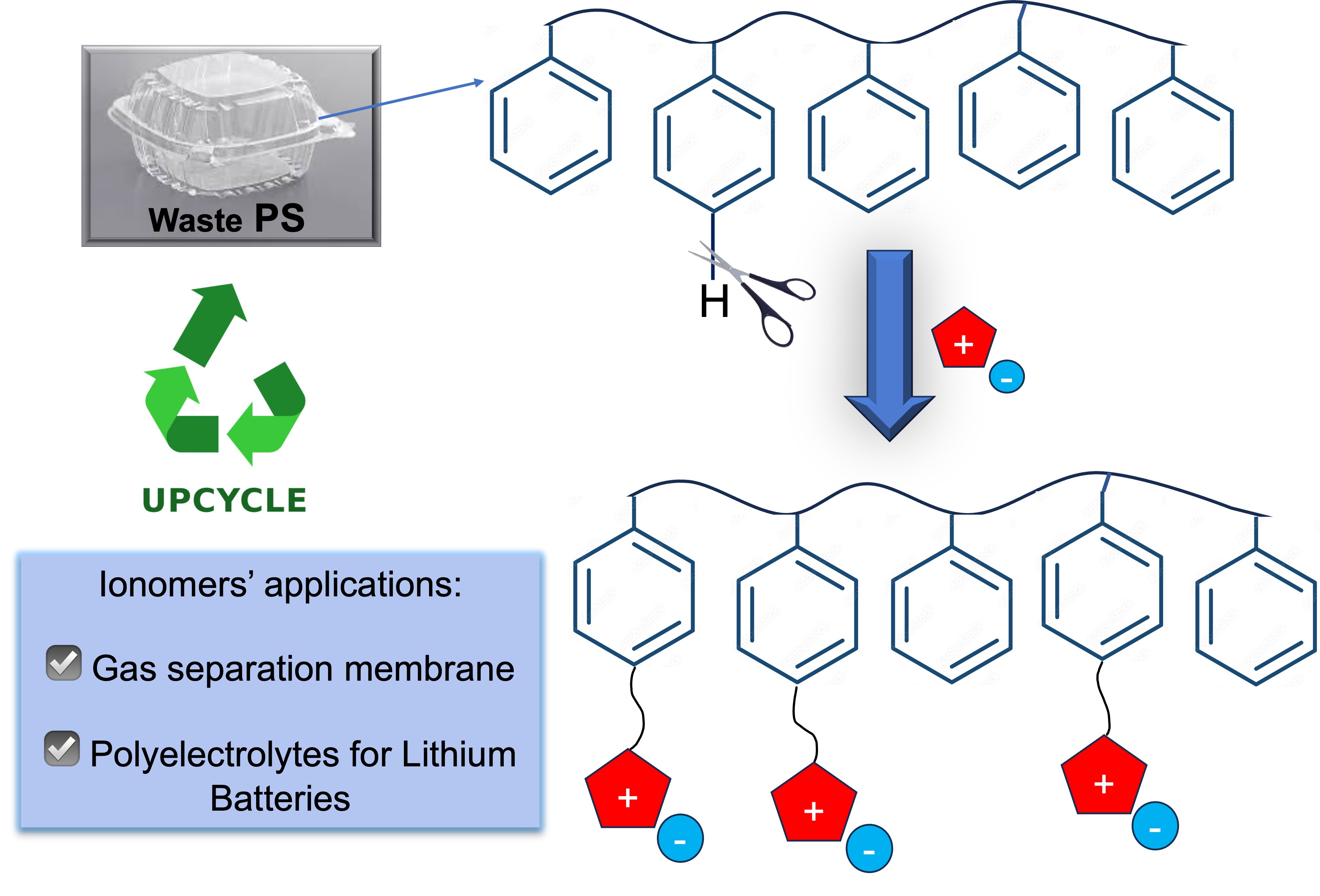2024 AIChE Annual Meeting
(385s) Post-Polymerization Functionalization of Waste Poly(styrene) Using Ionic Liquids Chemistries
The global increase in poly(styrene) (PS) manufacturing has led to significant environmental impacts due to its widespread use and accumulation in landfills. Traditional mechanical recycling of PS encounters challenges due to its chemical structure, low bulk density, and limitations in sorting techniques. These issues often result in the production of downcycled materials with reduced quality and utility. Modification of commodity plastics through C-H functionalization methods is a growing focus in polymer science. This approach has potential applications in upcycling plastic waste sustainably and creating new functional materials with unique properties not easily obtainable through traditional synthetic routes. In our study, C-H functionalization of waste PS was conducted using Friedel-Crafts acylation, followed by subsequent modification using imidazolium-based ionic liquids. The resulting ionomers contained methyl, butyl, or hexyl imidazolium cations bound to the PS backbone and “free” bistriflimide anions (Tf2N-). The materials obtained demonstrated unique characteristics compared to the waste PS. Particularly noteworthy was the significant reduction in the glass transition temperature (Tg) of the butyl imidazolium-functionalized PS, decreasing by almost 100 °C. This transformation turned the initially brittle PS into highly stretchable materials comparable to elastomers. These ionomers create possibilities for exploring the use of plastic waste as a potential source for producing advanced materials.


